This year's award winners at Aarhus BSS
At this year's Summer Festival, awards were presented to a number of employees at Aarhus BSS. Here you can meet this year's four award winners.
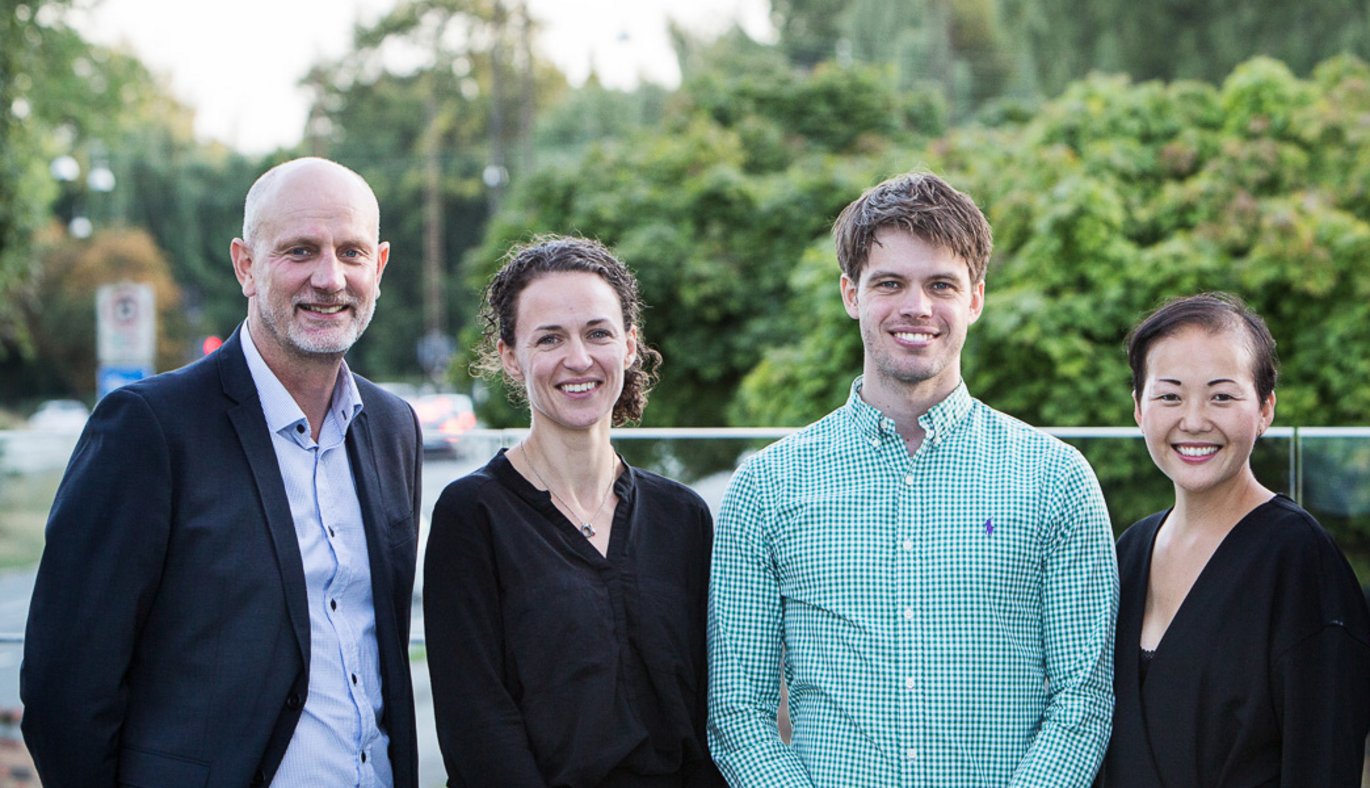
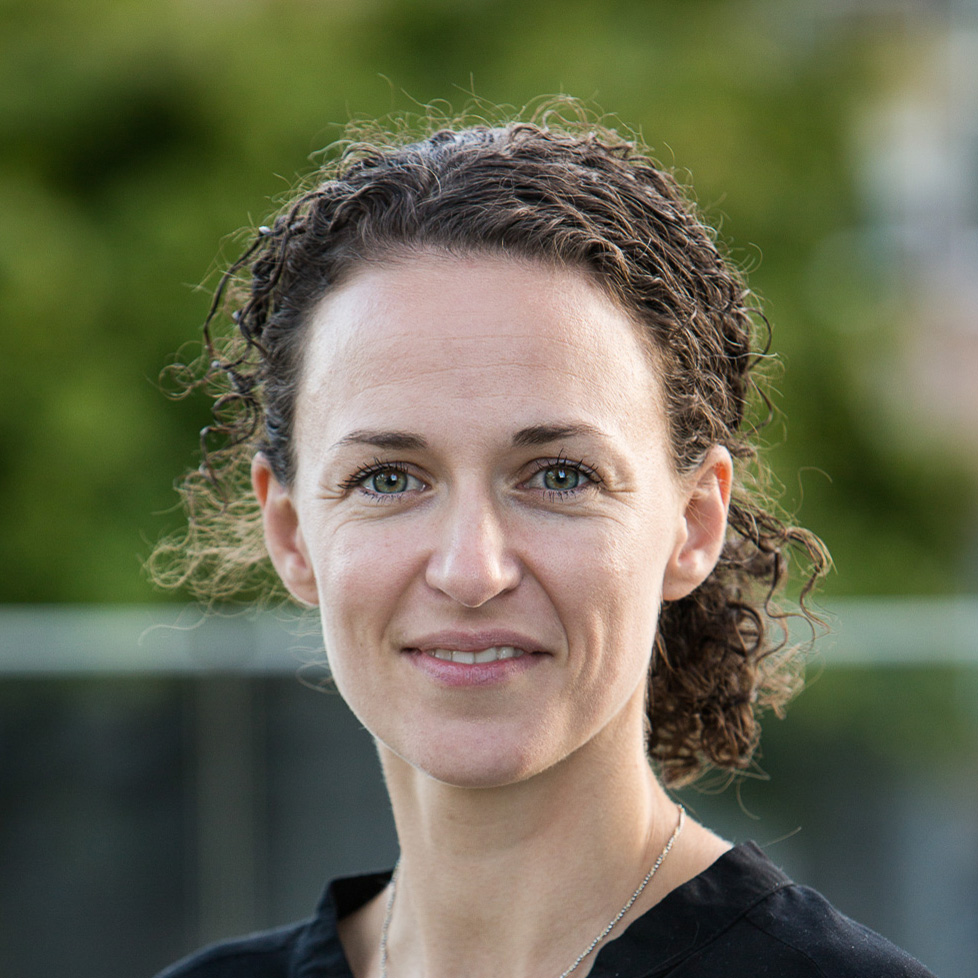
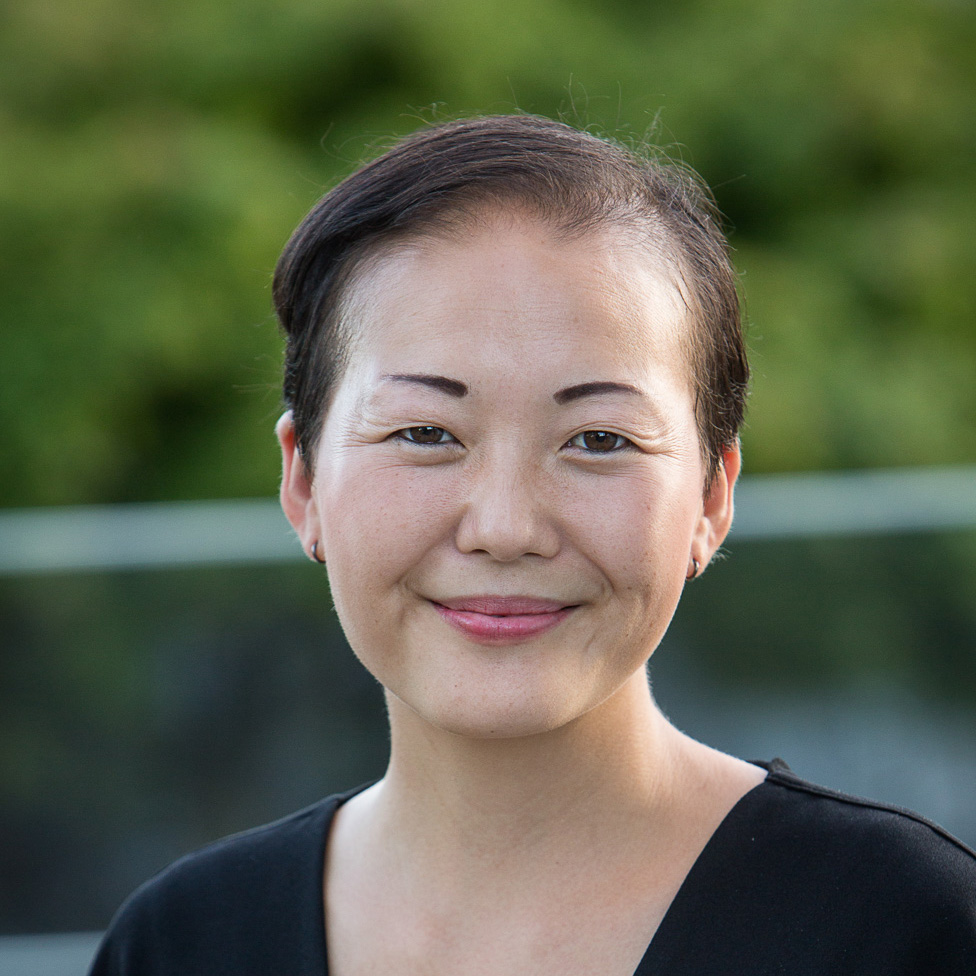
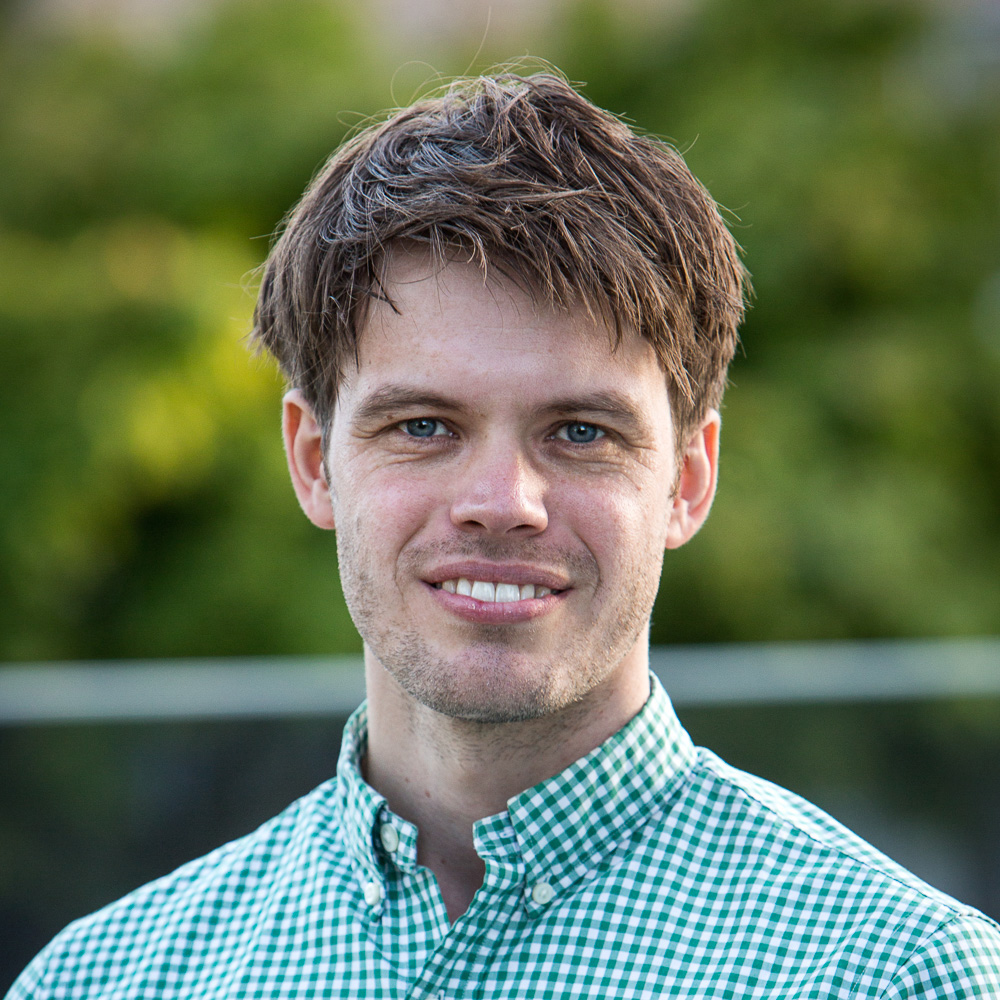
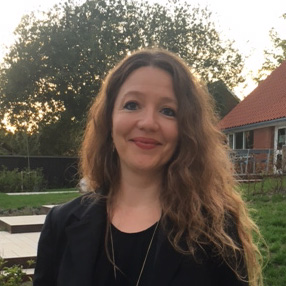
Researcher of the year
Mia Skytte O’Toole
Associate Professor, Department of Psykology and Behavioural Sciences
What motivates you to take on so many research activities and projects?
I actually don’t know. The motivation is there, whether I try to evoke it or not. However, lots of things in my working life contribute to making it stronger. My collaboration with good colleagues when we attempt to uncover our piece of the puzzle; the inquisitiveness that arises from the first analyses of a brand new data set, the thought of improving the psychological help that we can offer people crippled by anxiety and depression.
What does the award mean for you?
I’m proud and happy to receive the award, but I also know that “my part” is only just a part of receiving an award. I’ve done the actual work, but lots of other factors have contributed to my winning. Someone needs to notice your work, nominate you, and you also need a lot of luck when you’re up against a strong pool of nominees.
What advice can you give to other researchers who would like to achieve the same as you?
Good ideas are born in dialogue and collaboration with others. It’s a difficult and slow process to establish everything on your own and from scratch. I have lots of good partners both in Denmark and in the US, and this has resulted in some very fruitful and productive collaborations.
How will you be able to use the recognition?
Competition for external funding is tough, so in the future it might be an advantage for me to have this award on my CV. Right now, I’ll use the recognition and the remuneration that comes with it to go on a research stay in Belgium and to introduce some new ideas and find out which ones can be developed into a more comprehensive research programme.
Researcher of the year
Maja Johannsen
Postdoc, Research Assistant, Department of Psychology and Behavioural Sciences
What advice can you give to other researchers who would like to achieve the same as you?
I am currently working as a postdoc and for that reason, I have (hopefully) only just started my career. But one of the things I’ve learnt as a researcher is the importance and value of being thorough in one’s work - not to ‘cut corners’ so to speak. And to accept that research is often hard work - and that you need to be willing to put in the hours that it takes. Finally, it has been incredibly important for me to be part of a strong research unit where I’ve had access to a network and high-quality academic supervision. And where I’ve been able to enter into rewarding collaborations that have taught me a lot.
What does the award mean to you?
Receiving this award means a lot to me both professionally and personally. In many ways, the academic world is rather tough as it is very competitive and as a lot of your work as a researcher requires you to be critical in order to increase the quality of your work. That’s why it’s really nice to be recognised for what you do. Someone has nominated you for the award, which means that someone has noticed your work and thinks that you’re doing a good job.
How will you be able to use the recognition?
Personally, the recognition contributes to boosting my motivation even more. I also hope to use the recognition to disseminate my research - not just to other researchers, but hopefully also to a broader group of healthcare workers and patients. For example, the results of my PhD projects have resulted in a new implementation project in the Department of Oncology at AUH, where patients are now being offered psychological pain management. In this way, it’s very important to me that my research has a translational value. Finally, I will use the recognition when I apply for external funding in the future. Here the award will contribute to strengthening my CV.
Lecturer of the year
Jesper Wulff
Assistant Professor, Department of Economics and Business Economics
In your opinion, what does it take to be a good lecturer?
In essence, I believe that a good lecturer is someone who can make themselves superfluous. Who can give the students the right guidance that enables them to stand on their own two feet, search for information and ask questions. That’s why the core of my teaching is to activate the students. The more the students get to work with the material, the more they get out of the teaching and the more they learn.
You are highly applauded for your use of educational IT in your teaching. What can it contribute with?
To me, EDU IT represents unlimited possibilities. It has allowed me to “flip” the classroom and create much more dialogue and activity. Rather than traditional lectures, I now prepare short videos that the students can watch in between classes. When we meet, we can make much better use of our time. We can discuss the topics and enter into a constructive dialogue. Some students choose to work with exercises while others need help with certain academic issues. In this way, you can target the teaching much more towards the individual and increase the learning of students in both the top and bottom of the class.
How do you feel about becoming lecturer of the year?
It’s a great honour. Especially because there are so many other talented lecturers at the school. It’s also really nice to be recognised for something that you’re passionate about. I hope that I can inspire others to start working with EDU IT in their teaching. Lots of people might think that it creates a gap between the students and the lecturer, but it actually does the exact opposite. It allows for much more dialogue and contact.
Administrative employee of the year
Christel B. Mortensen,
Department of Economics and Business Economics
What does your work consist of?
Actually, I have a lot of different tasks at the department. Right now, I’m the line coordinator on the MSc in Economics and Management. I’m responsible for planning the exams and the teaching, etc. I also carry out a number of HR tasks such as employing external lecturers and student assistants in collaboration with the sections and HR. I also work with the time registration system at the department. And I’m the department’s relocation coordinator. It’s great, because I really enjoy having a varied job and a large network of contacts across the department and the administration.
What characterises a good administrative employee?
That’s quite difficult to answer, but I think it’s a combination of many things. For me, it’s about enjoying working with people, being helpful and meeting people where they are. And about being able to see all the sides to a story and being open to new tasks. It’s also about taking responsibility and having the courage to address problems - of course always with a problem-solving approach.
How do you feel about receiving the award for best administrative employee of the year?
It’s crazy. I have so many talented colleagues who also deserve to win it. But I’m very proud that many people think that I’m a good colleague and that I’m doing a good job. That makes me really happy!